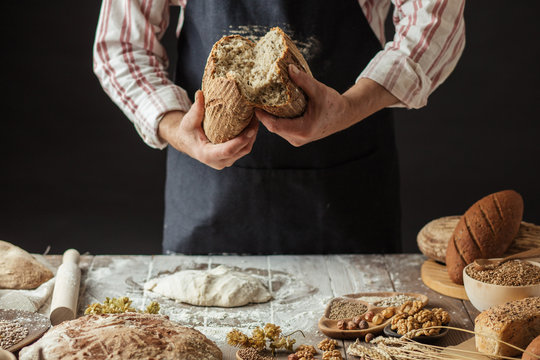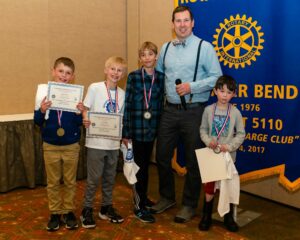A Full Circle Tangent’s Blog: Breaking Bread is Building Culture
St. Patty’s Day approaches and the “traditional” joys of Shamrock shakes, green beer and maybe some corned beef rounding out your festivities. Ideally, you will have a chance to break some Irish soda bread with friends and family even if at a safe distance – hopefully for the final time because of the “thing” we will not mention today. If you are getting back to the non-remote workplace (remember what 2019 felt like?) and sharing a meal at work the opportunity to chat with your fellow employees is an opportunity to bump your happiness.
You should feel good in reconnecting with your colleagues or friends while breaking bread. Sharing a meal has implications on both culture in our workplaces and our happiness so you should feel positive emotions when eating and even more micro moments of happiness when eating with others.
Tangent: But why do meals make us happy? Several reasons. We have all heard of the phrase “breaking bread”, not Breaking Bad, that’s a whole different type of baking. Though there are religious roots to breaking bread as in the Eucharist. There are mechanical roots as well since the bread was too hard to tear back in the olden days so – you know, before 5G and Topo Chico – to the bread literally had to be broken. Now we know of breaking bread as a metaphor for sharing food. There is a hidden message to your brain in breaking bread. Sharing a meal is builds relationships. Food is a resource we need to survive (stunner, I know) and our brains trigger the release of neurochemicals like dopamine when we are about to eat and dopamine makes us feel good.

So, when someone shares food with us our brains think “you are willing to share resources with me” and in a small way we build trust with the person over this meal releasing another neurochemical pulse of positivity from oxytocin. Oxytocin results in bonding and bonding feels good. And we are wired to be social and that’s why 2020 was so hard. Those little bonding moments, or absence thereof, add up and so we shouldn’t underestimate the value of social connection.
Reflecting on my first Thanksgiving in my new home of Bend, Oregon this past year taps into nostalgic moments – and nostalgia is a tool if you didn’t know already. My pod prepared an incredibly delicious meal, with all of the fixings and I felt at home in my new home and deeply connected to my new pod. Gratitudes were shared around the table and a few minutes of silent mindful eating were part of a very emotionally fulfilling night -thank you nostalgia. And my friend’s son, only 16, made his first turkey and it was juicy and delicious. The accolades he received for his culinary crafty work resulting in serotonin for him – but serotonin is a tangent for another time.
Tangent: In the workplace the small talk we share over a meal, around the water cooler, or at a happy our gives our brain further reassurance that we are around those like us and those we can trust. When we feel “like” those around us our brain is comforted and continues the flow of oxytocin.
Dr. Paul Zak’s fantastic book “Trust Factor” dives deep into the neuroscience behind high-trust cultures and one of the factors he identifies is relationships. Not everyone in your office needs to be your best friend but those relationships should at the very least not be toxic and ideally be life-enhancing in some way – even if small. Relationships build trust and trust is a catalyst for high-performing and cohesive teams. The science on relationships keeps stacking up and pioneer of Positive Psychologist Dr. Martin Seligman will say relationships are the most important factor affecting our well-being.
Full Circle: Trust has other important factors so give this list a look and tell me which of the following are the top 2 positive elements in your workplace’s culture. Hopefully relationships are in your top 2!
- We Actively Foster Positive Relationships
- We Recognize Excellence Regularly
- We Offer Positive Challenges to Stimulate Growth
- We Give Discretion & Allow for Job Crafting
- We Are Invested in the Personal Successes of Our Team
- Leadership Shares Information Broadly & Shows Vulnerability
And if you gather this year for give thanks – or as the Irish would say “Go raibh maith agat!” and break some bread. Happy St. Patty’s Day!
You can reach me anytime at: anthony@anthonypoponi.com. I read every email.
Anthony Poponi is a Corporate Trainer, Coach, Motivational Speaker and author of “Focus on the 40” specializing in improving team dynamics, communication and productivity for teams and individuals. His work is based on the research in the fields neuroplasticity, positive psychology, and leadership to focus on a flourishing life.





